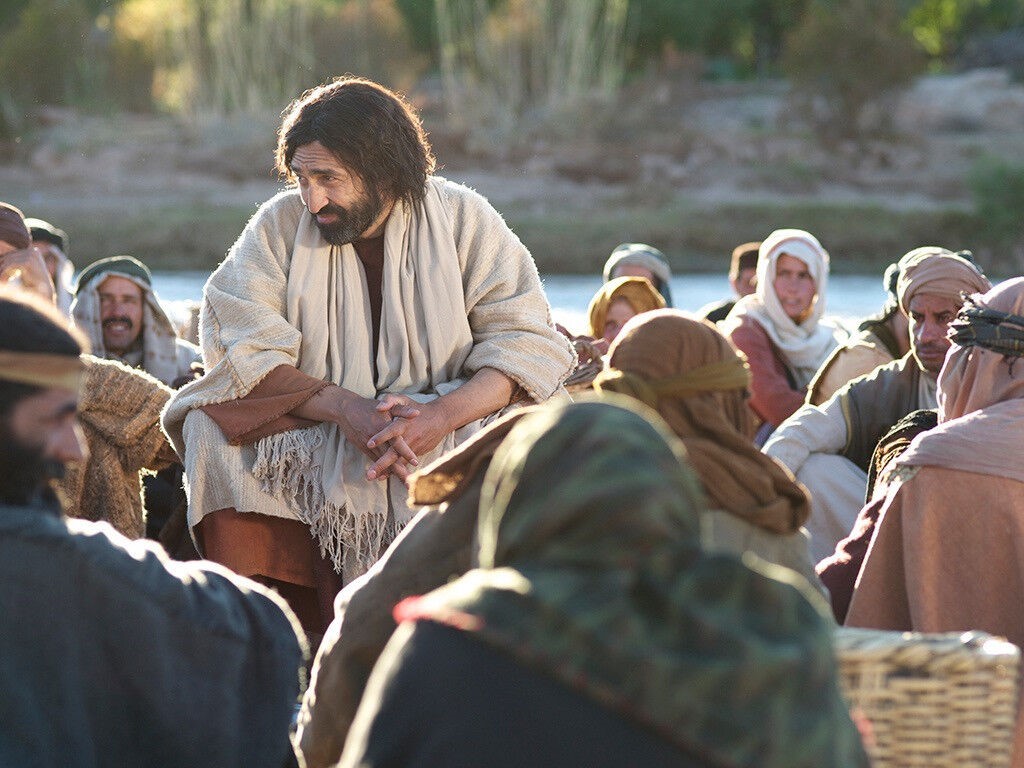When I was in high school, I was part of the debating team.
For these debates, a topic was chosen for you. You had a few minutes to state your case, followed by the other side presenting their arguments. Then each of you had a chance to rebut what you heard. Following the rebuttals were brief closing arguments. It was a formal and healthy debate.
I remember attending a day-long provincial debating event. To prepare we learned how to frame arguments and use various debating techniques. As a team of two, one would give the opening statement and one the rebuttal. It challenged you to do two things. Listen carefully to the arguments of the other team, so you could respond accordingly, and, know both sides of the issue. Good debating requires knowledge of the arguments that might surface from the other side.
The thing was, you did not know which side of the debate you would be asked to defend. You might have to argue the pro side on something you might not personally agree with. Or, to argue the negative side of something you did.
There are always at least two sides to every issue. Generally, people pick a side and advocate for it. They tend to listen to those who perpetuate the perspective they agree with and seldom listen to the other side. Debate is reduced to talking past the people you see as having a different perspective than you do.
The discourse we tend to see today is based on the premise that what I believe is truth and right. Those on the other side are after all, wrong, the enemy, evil, or some similar characterization that is used to discredit their perspective.
No wonder we see the division, polarization, and battles.
It makes me wonder. What would Jesus do in this environment? Fortunately, we discover what He would do by what He did.
How did He react to those who saw things differently than Him? How did He address those who were challenging Him and His message? What was His response to those who hated Him because of what He stood for?
Several thoughts and situations come to mind. He talked to a woman at a well who was not living the kind of lifestyle that society or He would condone. Social norms would have kept Him from ever engaging in a conversation with her in the first place, let alone revealing that He was the Messiah to her. But He did.
He also conversed with the religious leaders who challenged Him over everything He did and spoke. They purposely sought to try and trap Him to discredit Himself. They used “gotcha” questions. He very publicly pronounced “woes” upon them, found in Matthew 23 where He points out their hypocrisy. Yet, most of the time He responded to them with grace even though they were intent on seeing Him put to death.
We also find Him responding to those who nailed Him to the cross. How did He respond to them? From Luke 23, we find Jesus faced insults, mockery, and ridicule, on top of the pain of being crucified. Yet, He states,
34 Jesus said, “Father, forgive them, for they don’t know what they are doing.” And the soldiers gambled for his clothes by throwing dice.
These are just a few. However, they display what He spoke about. He said we are “blessed if we are peacemakers”, we are “to forgive as we have been forgiven”, we are “to love as we have been loved”, we are “to speak words of life”.
As part of the Sermon on the Mount, Jesus contrasted what they had heard and what was God’s heart. In Matthew 5 we read,
43 “You have heard the law that says, ‘Love your neighbor’ and hate your enemy. 44 But I say, love your enemies! Pray for those who persecute you… Then He adds,
46 If you love only those who love you, what reward is there for that? Even corrupt tax collectors do that much. 47 If you are kind only to your friends, how are you different from anyone else? Even pagans do that. 48 But you are to be perfect, even as your Father in heaven is perfect.
Jesus sets a much higher bar. Our interactions with each other should be governed by humility and respect. Emulating how Jesus interacted with people. Showing love to even our enemies.
It does not mean we agree with everyone on everything but when we share our opinions we do so in a healthy way. We follow the example of Jesus.




















